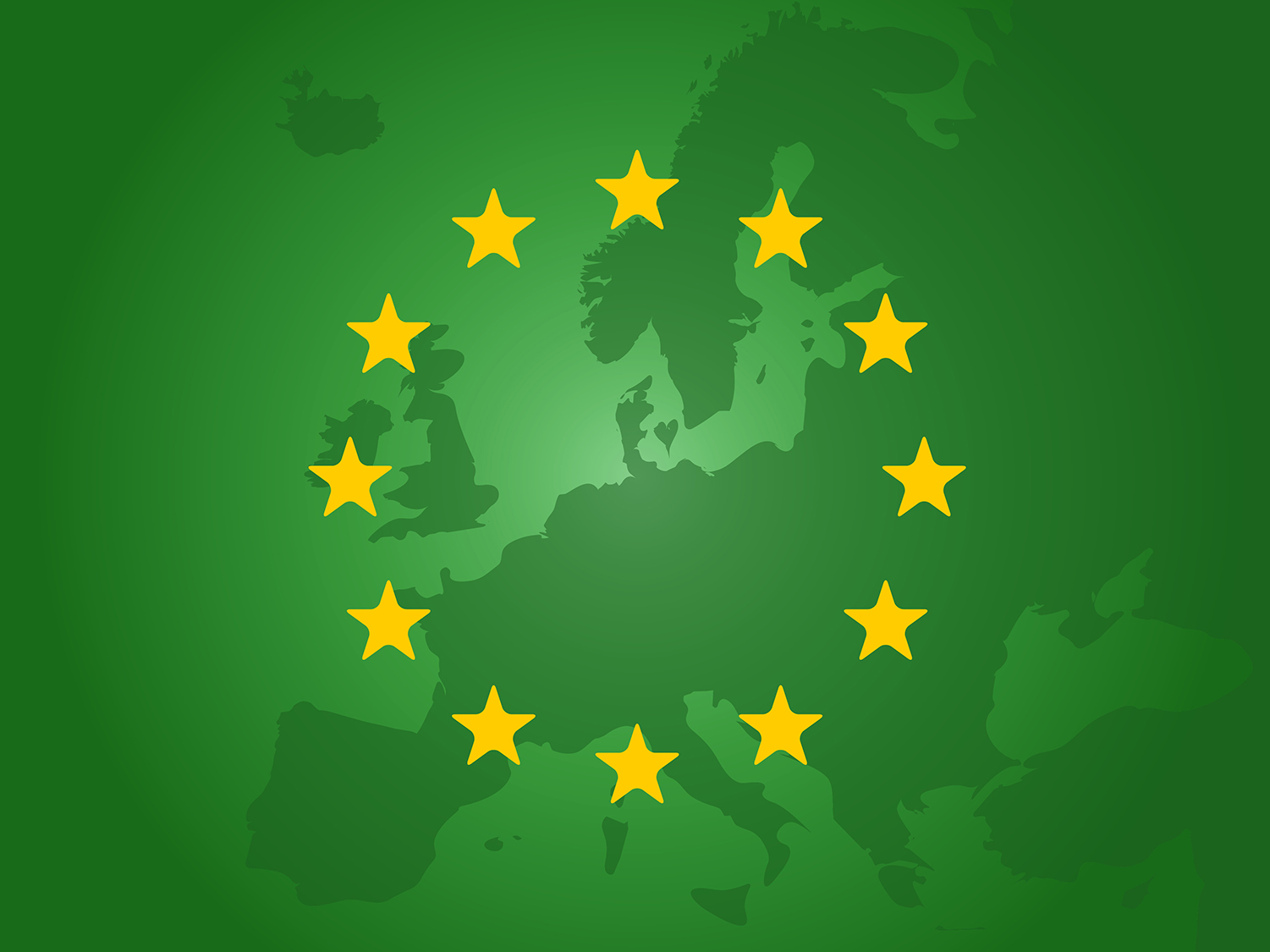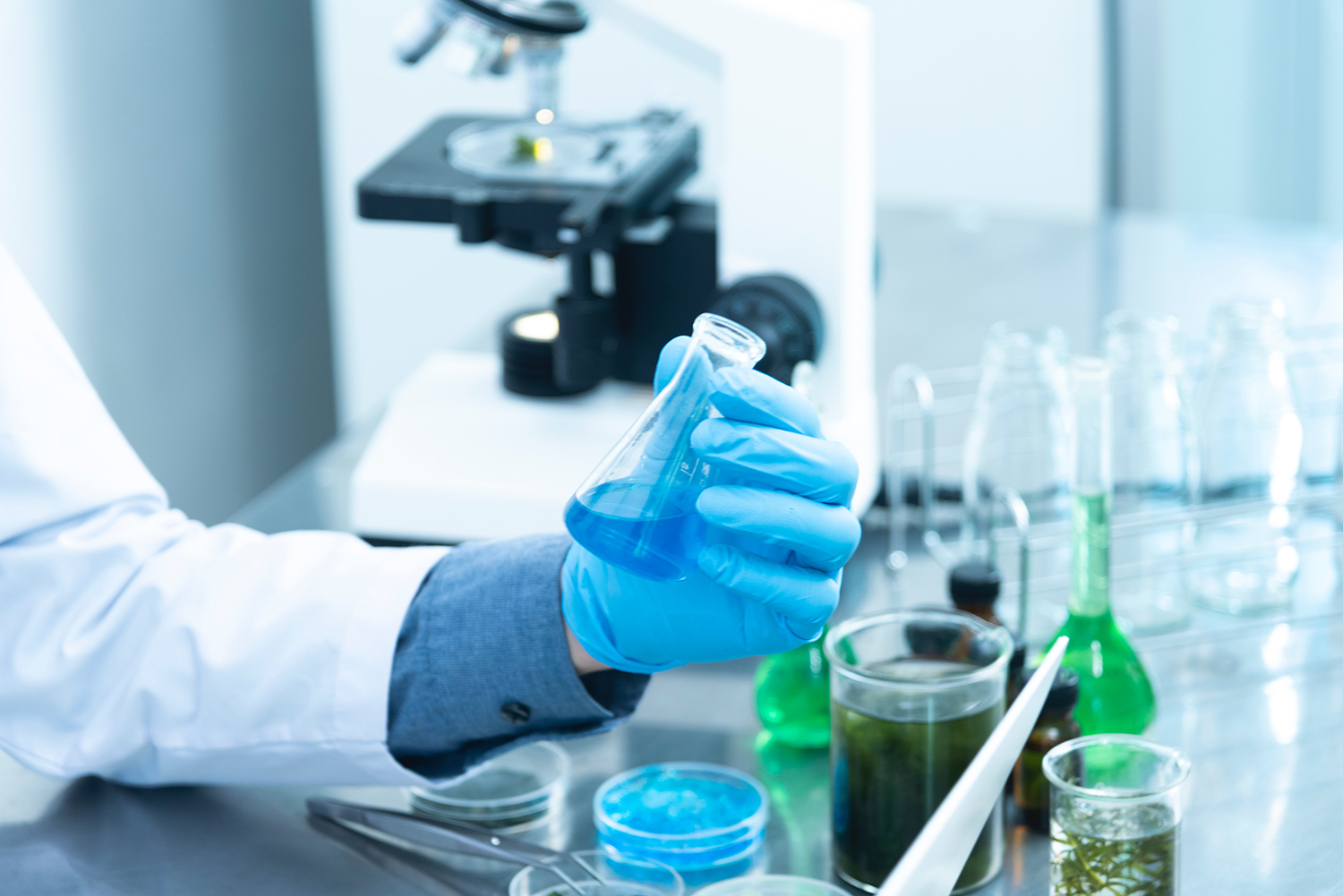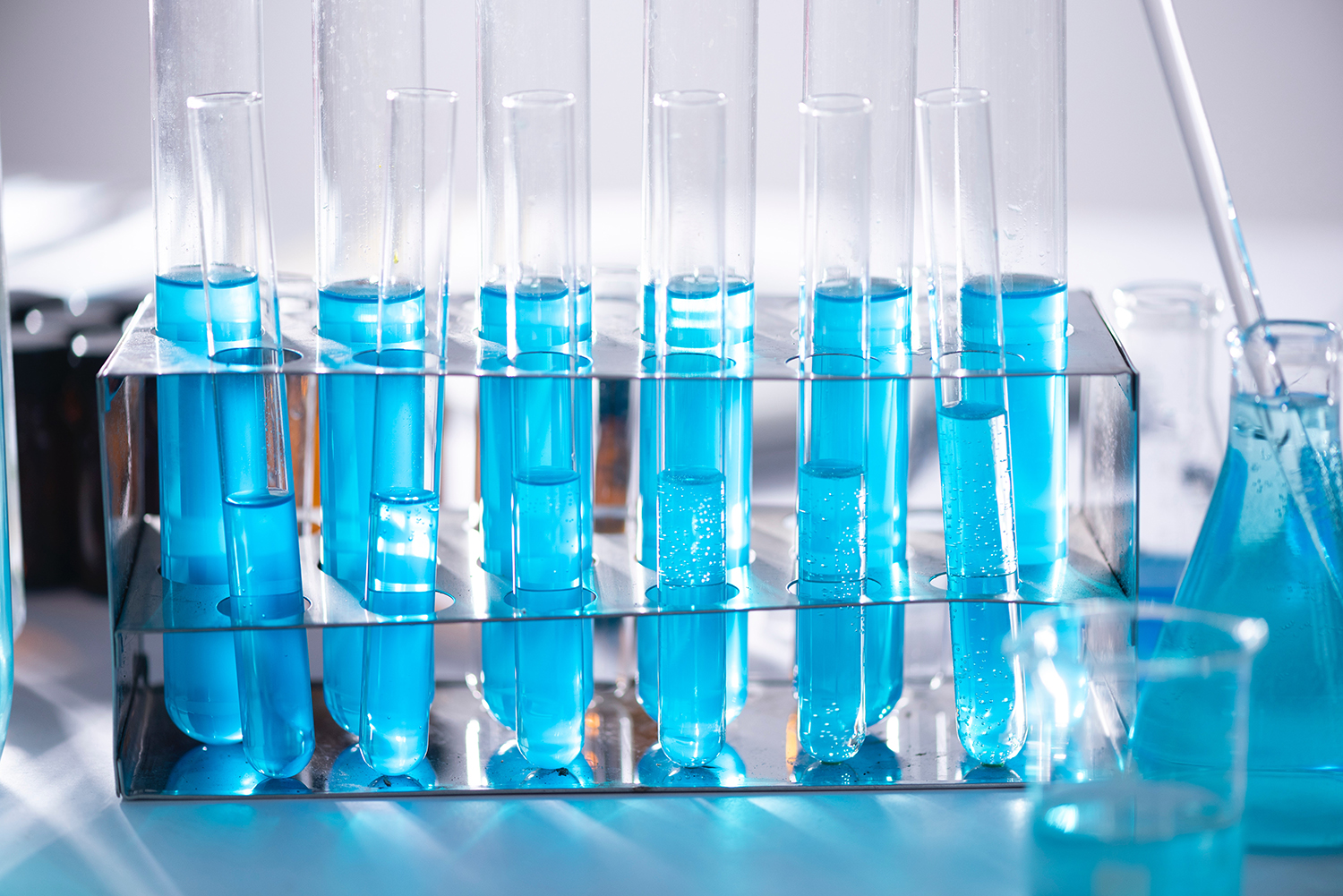
Otis Robinson explores the EU Green Deal, its impact on textile & apparel businesses, and effects on the global industry, while sustainability solutions provider Bluesign shares its expertise.
Manufacturing industries emit lethal amounts of pollution while consuming and generating incomprehensible amounts of material. Environments lie on the cusp of devastation as long-held production processes continue to worsen an already life-threatening climate emergency. But in 2050, the European Union (EU) will be climate neutral – at least, that’s the intention of the EU Green Deal.
The EU’s “green transition” relies on the roll-out of a package of policy initiatives that aim to support the transformation of the EU into a “fair and prosperous society with a modern and competitive economy”. Notably, for the textile & apparel (T&A) industry, this legislation will focus on the implementation of circular, sustainable and transparent principles.
These principles will not be mere suggestions. They will be made mandatory and will involve a complete upending of contemporary industry conditions to speed up the path to a sustainable T&A industry. It’s a long-awaited push, and although interest in sustainability from consumers had previously added pressure on brands to go green, the heat wasn’t high enough to inspire real change.
“The percentage of consumers that have sustainability in mind when they walk into a store is not enough to sway the industry towards sustainability,” says Kutay Saritosun, director of brand services and partnerships at sustainability solutions provider Bluesign.
The Bluesign system is a standard for producing sustainable textiles and chemistry. The company independently verifies product and business claims against its proprietary criteria, assessing the entire textile value chain with a focus on environmental management, worker safety and efficient use of resources to reduce impact on people and the planet. The Bluesign label signifies to industry a commitment to clean production and clean chemistry.
The company also has a huge interest in the roll-out of the EU Green Deal, since its clients will require consultation on meeting new rules, and because it champions the rapid development of global sustainability. “If we waited for consumers [we may not reach] the goals of the [T&A] industry to reduce carbon emissions, so legislation is incredibly important,” said Saritosun.
The shifts ahead are indeed daunting for businesses. To anticipate such drastic change to regulation requires an upending of traditional and well-established practice – not to mention high investment costs – but the change intends to benefit the environment.
Corporate sustainability due diligence
The hardest punches to roll with will arguably be new due diligence rules. A corporate sustainability segment of the EU Green Deal – titled corporate sustainability due diligence – aims to “foster sustainable and responsible corporate behaviour and to anchor human rights and environmental considerations in companies’ operations and corporate governance”.
To summarise, it will require brands to have a comprehensive understanding of their supply chains to support their green claims (a solution to greenwashing) or, on the contrary, uncover its potentially dark underbelly. Lacking knowledge beyond Tier 1 will be a problem, says Saritosun, and the Green Deal aims to demystify supply chain opacity as a first step towards environmentally and socially sustainable manufacturing.
“Yes, sustainability is a journey, and yes, every brand is different, and everybody is at different points in that journey – but you’d be very surprised that how big or small [a brand is] doesn’t [affect the fact that] most brands don’t really know much about who they’re working with in their supply chains and where their goods are coming from,” says Saritosun. “This is number one, and it can be difficult for brands to understand. I see that as a challenge for brands.”
Ultimately, corporate sustainability due diligence will benefit companies at a fundamental and competitive level by forcing them to reiterate questions they may have only – for the first time – asked during the Covid-19 pandemic.
Saritosun explains that due diligence allows businesses to question: “How resilient is my supply chain? What are the environmental and social impacts of my supply chain partners? What are the actions I need to take to mitigate these impacts? Am I working with the right partners? This corporate sustainability due diligence coming in will be an epiphany for brands to say, ‘Wait a second, I need to know what’s going on in this supply chain.’ Otherwise, they know they won’t be able to function. This is serious business.
“And it will also meet the extended producer responsibility (EPR) part of the legislation coming in, [which says] producers [must know] what is happening to a product at the end of the line.”
EPR is a strategic approach to waste management – a legislative force that focuses on increasing end-of-use consumer product recovery, to minimise the environmental impact of waste materials. EPR means, essentially, that the manufacturer of a product is responsible for its entire life cycle: not only throughout its supply chain, but even post-consumer use.
Ecodesign for sustainable product regulation
The next challenge comes from the EU Green Deal’s Ecodesign for Sustainable Product Regulation, which establishes a framework to significantly improve the circularity, energy performance and other environmental sustainability aspects of products.
Saritosun explains how this will impact material constituents: “There will be mandatory performance requirements regarding the environmental sustainability of textile products. But what is that criteria? [Manufacturers] will have to remove toxic substances from the design of materials.”
(Saritosun adds that Bluesign has thus far approved 21,000 safe chemical products – “products at the top tier of sustainability”, he says – which could be fit for use under the new Ecodesign for Sustainable Product Regulation. “They are the highest level of approved chemical products,” he explains.)
The Ecodesign regulation for such products also includes new information requirements, including the use of digital product passports (DPPs) to support transparency about a product’s environmental sustainability and end-of-life options such as recycling.
A DPP is a virtual tag attached to a product to track its journey through the supply chain, providing essential information along the way. This information could include core data such as its name, brand, colour, description, location of manufacture, material content and more. Adding product-specific information opens essential avenues for upcycling and recycling – and thus circular economy – and facilitates burgeoning supply chain transparency.
Plans for these passports – which are expected to become mandatory for companies selling into the EU – were announced in the EU Strategy for Sustainable and Circular Textiles and the Ecodesign for Sustainable Products Regulation (ESPR), released by the European Commission in March 2022, as part of the EU’s circular economy reform package.
Saritosun comments: “DPPs are a very important part of the circularity portion of the [Green Deal]. Essentially, this is a digital twin of a product, a product-level digital ID that will likely take the form of a QR code. At the end-of-life, garments should have a second, third life. One way to do that is to recycle those garments, but a recycler needs to sort garments according to fabric composition. DPPs will [share this information].
“DPPs play a very important role in that they will help recyclers easily recycle or disassemble garments or help [manufacturers] repair garments.”
End-of-life infrastructure
One challenge to circularity and the extension of end-of-life will be the scaling up of waste garment collection.
“If you collect 100 kg of apparel, it’s not meaningful. It must be millions of tonnes of apparel or textile waste to build a recycling infrastructure. We've got the recyclers, we’ve got the sorting people, but you have to build the infrastructure and invest into that infrastructure: to be able to collect discarded textiles and garments at scale.”
The EU Green Deal aims to support the building of this infrastructure by placing limitations on shipments of discarded apparel to locations outside of the EU. In theory, this will generate a wealth of recyclable material within Europe to begin the transition towards a circular economy.
In the meantime, a wealth of companies exists making efforts to make available necessary technologies. In July 2023, WTiN published an Innovation Outlook report focused entirely on recycling, examining a variety of industry solutions.
Impact on trade and global regulation
Without this upcoming regulatory push, little good would be achieved for the environment. Industries are deeply entrenched in pollutive, traditional manufacturing methods and economy – thus the roll-out of these EU Green Deal initiatives represents invaluable change through disruption. But what obstacles lie ahead for businesses?
The products that brands are allowed to import into the region face limitation. For example, many European brands manufacture or purchase their materials from outside the EU – from hubs such as China, Vietnam and Taiwan, among others – but new Ecodesign rules stipulate that these materials must comply to enter EU countries. Imported goods cannot contain toxic constituents, says Saritosun, and must have DPPs attached with clear product information for recycling purposes. Brands without a clear understanding of their supply chain may fast realise their suppliers utilise toxic processes and will be forced to find alternatives – new partners that doubly comply with digital garment tagging.
Exports will also be subject to disruption. For example, a large portion of used EU textiles are shipped to Africa – more than 60%, reports the European Environment Agency. But under the new Green Deal, this will change. Waste generated in the EU will stay in the EU, says Saritosun, to support recycling infrastructure.
Undoubtedly, the worldwide T&A industry will be impacted by the EU Green Deal. Indeed, make-or-break hurdles await brands and manufacturers. Yet, undeniably, this regulation change marks a gargantuan win for upending environmentally detrimental industry processes. Changing tradition requires interruption and revolution.
Such big steps towards revolution have desired ripple effects on global regulation, too. New York’s proposed Fashion Sustainability and Social Accountability Act, for example, is a “groundbreaking piece of legislation” that intends to hold companies accountable by (a) mandating that companies know and disclose their supply chains, (b) requiring companies to be responsible for their impact within those supply chains through a legally binding mandatory due diligence framework, and (c) regulation and enforcement via the New York Department of State and relevant state agencies. Companies found to be out of compliance may be fined up to 2% of their annual revenues.
The similarities between New York’s Fashion Sustainability and Social Accountability Act and the EU’s Green Deal reveal clear pathways towards a sustainable T&A industry: due diligence, transparency and, once again, radical enforcement. Celebrity and brand endorsements of the New York act have propelled it into industry discourse: the hope of many, including Saritosun, is that the act is passed, and that one day many governments will follow suit. Both will undoubtedly add necessary pressure.
Moving industry forward
“The EU is leading the world with regard to the legislation that is coming in,” concludes Saritosun.
“[The EU Green Deal] is not just about product-related legislation, but company-related initiatives and social impacts are also part of this conversation. Forced labour, deforestation, and so on. When we talk about the EU Green Deal, it’s an umbrella. Why is it important? Because we need to move industry forward.
“In order to move the industry forward at scale, wonderful consumers, wonderful brands and wonderful manufacturers are not enough to [hit] the ambitious goals it has set to curb carbon emissions. Legislation is important – I am excited to see this is happening, and all the legislations that will soon be in effect.
“But this is not about control, or dictating things, but about really collectively moving things forward.”
Have your say. Tweet and follow us @WTiNcomment









